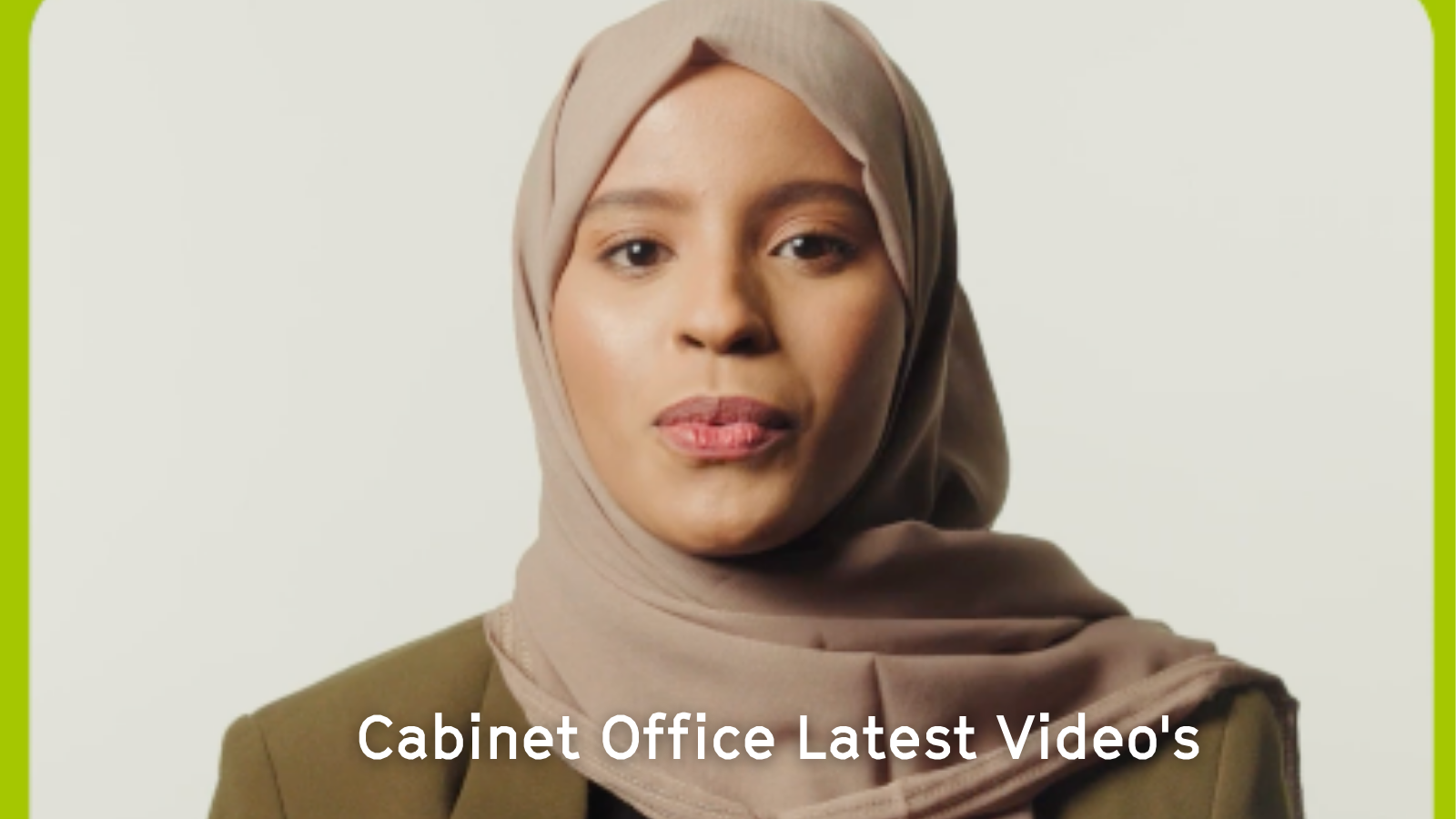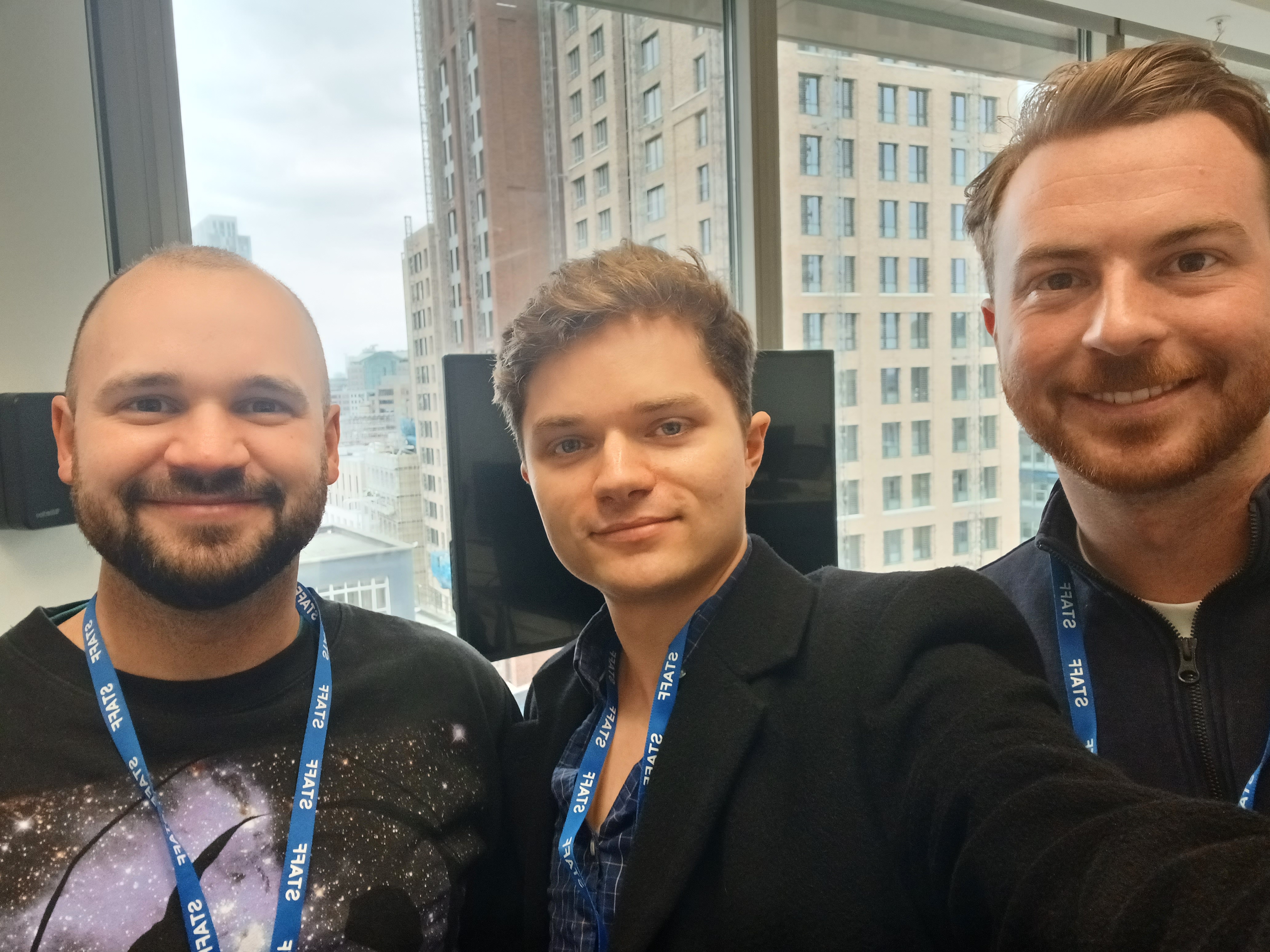Senior Content Designer
Government Digital Services -
As a Senior Content Designer, your job will be to work with the Service Standards and Guidance team, maintaining and updating the Service Manual providing guidance to Government on how to create and run services to meet the service standards. You will work with service teams across Government looking for improvements and updates to the manual, ensuring an awareness of government digital policies and advancements - such as AI. You will work with skilled multidisciplinary teams to create a multi-channel, cross-government product that is user-centred, equitable, sustainable and accessible.
As a Senior Content Designer you'll
- develop and implement content strategies that address complex problems and meet user needs across various platforms and channels
- utilise evidence, data, and research to inform content decisions and ensure that all content aligns with user expectations and organisational objectives.
- build and maintain strong relationships across government departments to effectively influence stakeholders and advocate for user-centred content.
- contribute to and adhere to established style guides and content patterns, ensuring consistency and quality across all outputs.
- engage with and contribute to the cross-government content community, sharing best practices and innovations in content design.
- take responsibility for the quality of content produced, ensuring it meets accessibility and usability standards.
- write and map user stories to understand user requirements and enhance the content development process.
- lead and manage cross-government content projects, coordinating efforts across teams to ensure successful delivery.
Person specification
We're interested in people who have experience:
- creating, iterating, publishing and managing high-quality, user-centred content
- making complex language and processes easy to understand
- using analytics, user feedback, and user research to evaluate and improve content
- building relationships with stakeholders to understand their goals and working with them to improve user journeys and content quality
- managing multiple projects and adapting to changing priorities and deadlines
- providing feedback to and mentoring others to make sure they’re delivering quality work
- working on the development and implementation of content strategy
- reviewing and improving processes and working with content publishing systems
Benefits
The benefits of working at GDS
There are many benefits of working at GDS, including:
- flexible hybrid working with flexi-time and the option to work part-time or condensed hours
- a Civil Service Pension with an employer contribution of 28.97%
- 25 days of annual leave, increasing by a day each year up to a maximum of 30 days
- an extra day off for The King’s birthday
- an in-year bonus scheme to recognise high performance
- career progression and coaching, including a training budget for personal development
- paid volunteering leave
- a focus on wellbeing with access to an employee assistance programme
- job satisfaction from making government services easier to use and more inclusive for people across the UK
- advances on pay, including for travel season tickets
- death in service benefits
- cycle to work scheme and facilities
- access to children's holiday play schemes across different locations in central London
- access to an employee discounts scheme
- 10 learning days per year
- volunteering opportunities (5 special leave days per year)
- access to a suite of learning activities through Civil Service learning
GDS offers hybrid working for all employees. This means that everyone does some working from home and also spends some time in their local office. You’ll agree to your hybrid working arrangement with your line manager in line with your preferences and business needs.
Any move to Government Digital Service from another employer will mean you can no longer access childcare vouchers. This includes moves between government departments. You may however be eligible for other government schemes, including Tax Free Childcare. Determine your eligibility at https://www.childcarechoices.gov.uk
Things you need to know
Selection process details
The standard selection process for roles at GDS consists of:
- a simple application screening process - We only ask for a CV and for you to answer 3 application questions.
- a link to your portfolio in your cover letter to show some examples of your design work
- a 60 minute video interview. Candidates invited to the interview will be asked to give a short presentation. Full details of the presentation will be made available to all shortlisted candidates at a later date.
Whilst we value the use of AI technology to enhance our daily work, we also value the personal touch and urge applicants to write responses without the use of AI to emphasise their own unique experiences.
Depending on how many applications we get, there might also be an extra stage before the video interview, for example a phone interview or a technical exercise.
In the event we receive a high volume of applications, we will conduct the initial sift against the lead criteria which is the following application question:
- Please tell us about your approach to User centred Design skills and how to contribute to user research
In the Civil Service, we use Success Profiles to evaluate your skills and ability. This gives us the best possible chance of finding the right person for the job, increases performance and improves diversity and inclusivity. We’ll be assessing your technical abilities, skills, experience and behaviours that are relevant to this role.
For this role we’ll be assessing you against the following Civil Service Behaviours:
- Changing and improving
- Communicating and influencing
- Seeing the bigger picture
We’ll also be assessing your experience and specialist technical skills against the following skills defined in the Government Digital and Data Profession Capability Framework for the Senior Content Designer role:
- Strategic Thinking (Content Design)
- Content concepts and Prototyping
- User focus (Content Design)
Recruitment Timeline
Role closes: Wednesday 2nd April
Sift completion: Friday 18th April
Panel interviews: Week commencing Monday 28th April
Candidates that do not pass the interview but have demonstrated an acceptable standard may be considered for similar roles at a lower grade.
A reserve list will be held for a period of 12 months, from which further appointments can be made.
The Civil Service is committed to attract, retain and invest in talent wherever it is found. To learn more please see the Civil Service People Plan and the Civil Service D&I Strategy.
Other information
In January 2025, it was announced that the Government Digital Service (GDS) will move to the Department for Science, Innovation and Technology (DSIT) as a part of a machinery of government change. This change aims to bring together the digital transformation of public services into one central department, presenting exciting opportunities and positioning DSIT to lead the government’s digital agenda.
This role is in scope to transfer to DSIT when the machinery of government change takes place. As a result, if you are successful and appointed by Cabinet Office to this role before 1st June 2025, your role will transfer from Cabinet Office to DSIT at the time of the relevant machinery of government change taking place,. If your start date is after 1 June 2025, you will be appointed direct to DSIT and your appointment will be unaffected by the machinery of government change. We are currently consulting with our Trade Unions on which policies, terms and conditions will apply on transfer. The statement of changes applied to all other Cabinet Office staff will also apply to you if you are successful.”
We encourage you to apply and look forward to reviewing your application. We will keep you updated throughout the process.
Office attendance
The Department operates a discretionary hybrid working policy, which provides for a combination of working hours from your place of work and from your home in the UK. The current expectation for staff is to attend the office or non-home based location for 40-60% of the time over the accounting period.
DSIT does not normally offer full home working (i.e. working at home); but we do offer a variety of flexible working options (including occasionally working from home).
Sponsorship
DSIT cannot offer Visa sponsorship to candidates through this campaign. DSIT holds a Visa sponsorship licence but this can only be used for certain roles and this campaign does not qualify.






